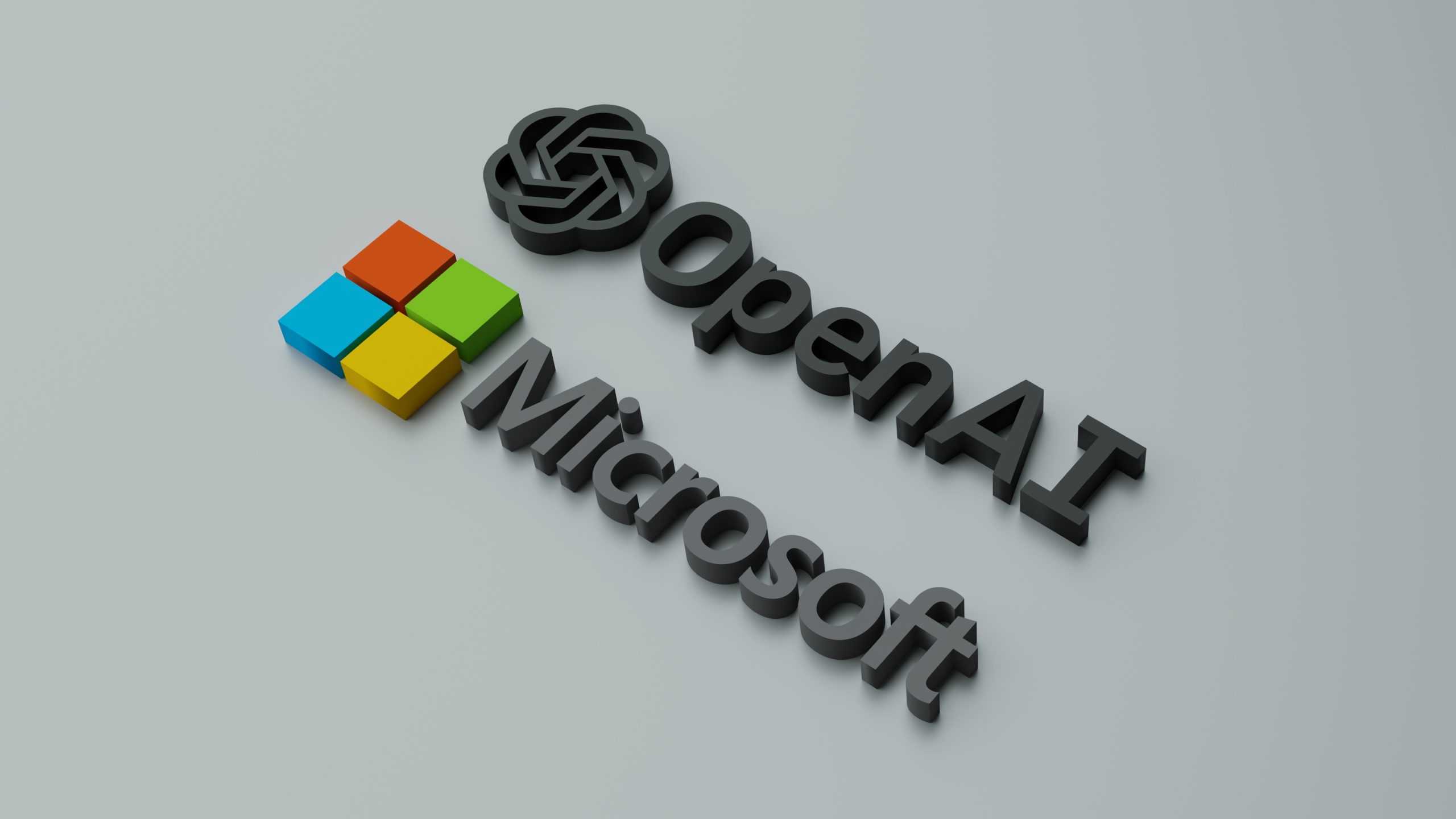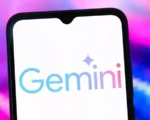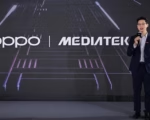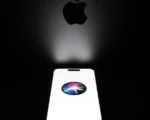OpenAI’s Multimillion-Dollar Deal with Axel Springer SE Signals Major Licensing Endeavor
OpenAI is actively engaged in discussions with numerous publishers, aiming to secure licensing deals for their articles. The startup is intensifying efforts to acquire content essential for training its artificial intelligence models.
Tom Rubin, OpenAI’s chief of intellectual property and content, affirmed ongoing positive negotiations with multiple publishers. He indicated progress in talks, suggesting more deals similar to the recently publicized ones.
One notable agreement was a multiyear licensing deal with Axel Springer SE, the parent company of Politico, which reportedly amounted to tens of millions of dollars. Additionally, OpenAI had previously announced a licensing pact with The Associated Press in July, although the exact value was undisclosed. These strategic alliances are pivotal for OpenAI’s future, addressing the need for updated, credible data to refine its models amid increased scrutiny regarding data sourcing.
But last week, one of the companies it had been in talks with, The New York Times sued OpenAI and Microsoft for using the publication’s articles without permission.
The suit poses an existential challenge to OpenAI’s business. If the Times wins the case, OpenAI may not only owe billions of dollars, but could also be forced to destroy any of its training data that includes work from the Times, a costly and complicated task. More immediately, however, the lawsuit complicates OpenAI’s deal-making efforts with the media industry.
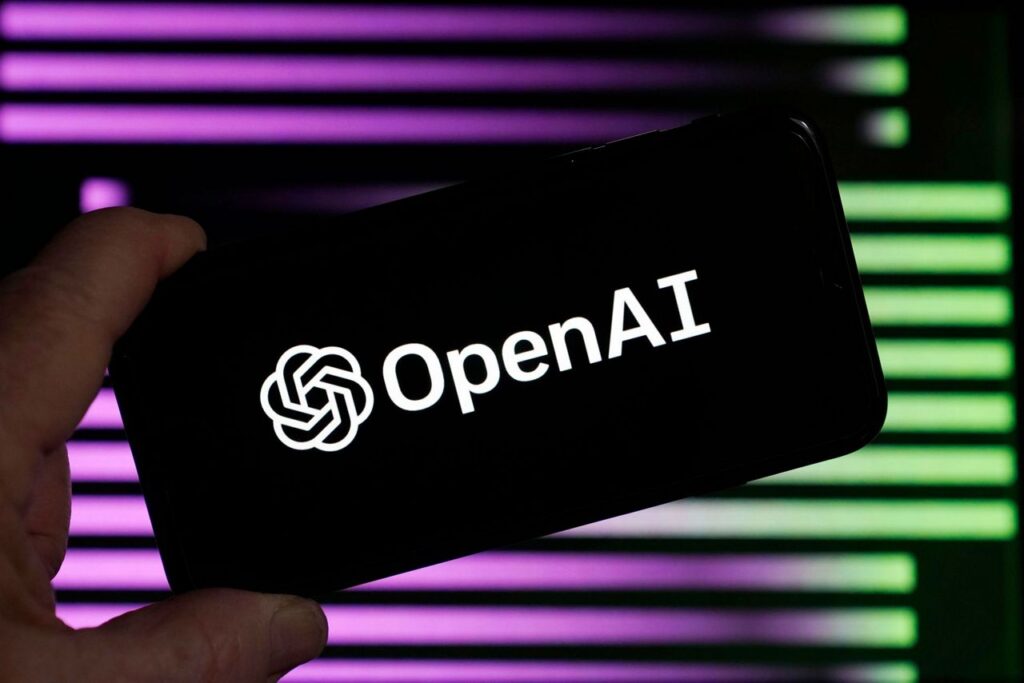
“The current situation is vastly different than the situations that the publishers faced in the past with search engines and social media,” Rubin said. “Here, the content is used for training a model. It’s not used to reproduce the content. It’s not used to replace the content.”
The Times, however, disagrees with OpenAI’s stance, arguing that ChatGPT is flat out copying its journalists’ work without paying for it. In its lawsuit, the publisher showed examples in which ChatGPT spit out entire paragraphs of nearly verbatim text from The New York Times (although some have pointed out that in certain examples, it was specifically prompting ChatGPT to reproduce Times content). The publisher argues that’s proof OpenAI used New York Times data.
“If Microsoft and OpenAI want to use our work for commercial purposes, the law requires that they first obtain our permission,” The New York Times said in a statement. “They have not done so.”


